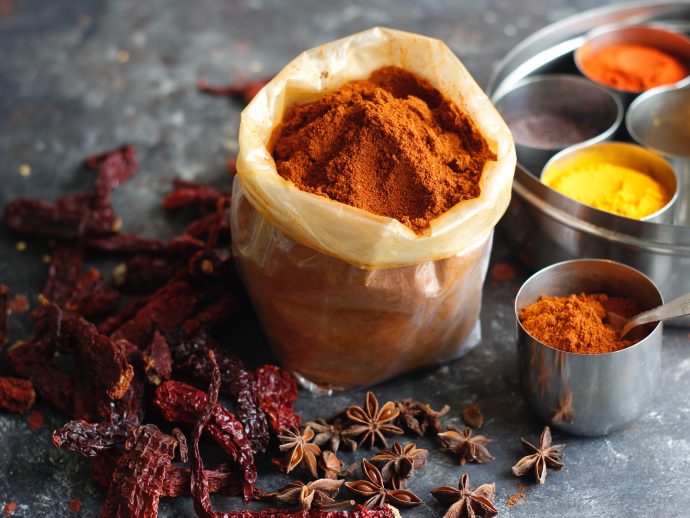
Have you ever wondered how our ancestors fended off dreaded seasonal viruses? It’s time to find out! We’re delving into the past to bring you seven historical herbal helpers. Modern virus: meet ancient wisdom.
As a reminder, always check with your health care practitioner before trying a new supplement.
Echinacea
Echinacea purpurea
A well-known herb for targeting colds, extracts of echinacea have demonstrated a positive effect on the immune system by increasing the number of white blood cells, which fight infections. Echinacea, native to North America, was widely used by Indigenous people in their traditional medicines. In a 2014 review of 24 studies involving more than 4,500 subjects, echinacea was found to help in preventing colds.
At your natural health store: extracts, capsules, tablets, teas
Elderberry
Sambucus nigra
The bark, leaves, flowers, berries, and roots of the elder tree were all used in traditional medicine. Thought to have anti-inflammatory and antiviral properties, elderberry may help ease congestion by reducing swelling in mucous membranes and may also help reduce cold duration. Elderberry has also shown promise in lab studies for combatting influenza type A and B viruses.
At your natural health store: teas, syrups, extracts, lozenges, capsules
Garlic
Allium sativum
A member of the Allium family (along with onions and leeks), garlic has been used historically as an elixir to treat the common cold, chest infections, and even to ward off evil spirits. This flavorful food fights infection by increasing natural killer cells, macrophages, and lymphocytes. Fresh garlic can have an effect against bacteria and viruses. Preliminary research suggests that garlic supplements might also be a potent tool for preventing colds.
At your natural health store: tablets, capsules
Ginger
Zingiber officinale
Recent studies are suggesting that ginger may help kill certain types of cancer cells, but what we know for sure is that it can help warm us up with its unique spiciness when we’re down with seasonal viruses. It has been used for centuries to help naturally treat upset stomach, migraines, pain, nausea, and vomiting.
At your natural health store: tablets, capsules, liquid extracts, teas
Marsh mallow
Althaea officinalis
Marsh mallow root’s demulcent (soothing) qualities have been used for thousands of years, by ancient Egyptian, Arab, Greek, and Roman cultures, to help bring relief to dry coughs, bronchial asthma and congestion, and pleurisy as well as an external poultice. It’s also been used to help soothe digestion and was the “root” of the original marshmallow dessert.
At your natural health store: tablets, capsules, lozenges, liquid extracts, dried roots, teas
Oregano
Origanum vulgare
Oregano oil has long been used as a remedy for the symptoms of colds, flu, bronchitis, and other respiratory complaints because of its anti-inflammatory, antiviral, and antibacterial properties. To clear lungs and bronchial passages, oregano oil can be mixed with a carrier oil (olive oil) and rubbed on the chest and aching muscles or added to a vaporizer to inhale the steam.
At your natural health store: essential oil, capsules
Turmeric
Curcuma longa
Turmeric comes from the root of Curcuma longa, a flowering plant of the ginger family and is a spice that has been widely used for more than 4,000 years throughout Asia in cooking, cosmetics, and medicinal remedies. Modern research has shown that turmeric and its major component curcumin is a potent antibacterial, antiviral, antioxidant, antiseptic, anti-inflammatory, and anticancer agent.
At your natural health store: as turmeric or its main compound curcumin in capsules, liquid formulations, softgels, gummies
Written by alive Editorial






